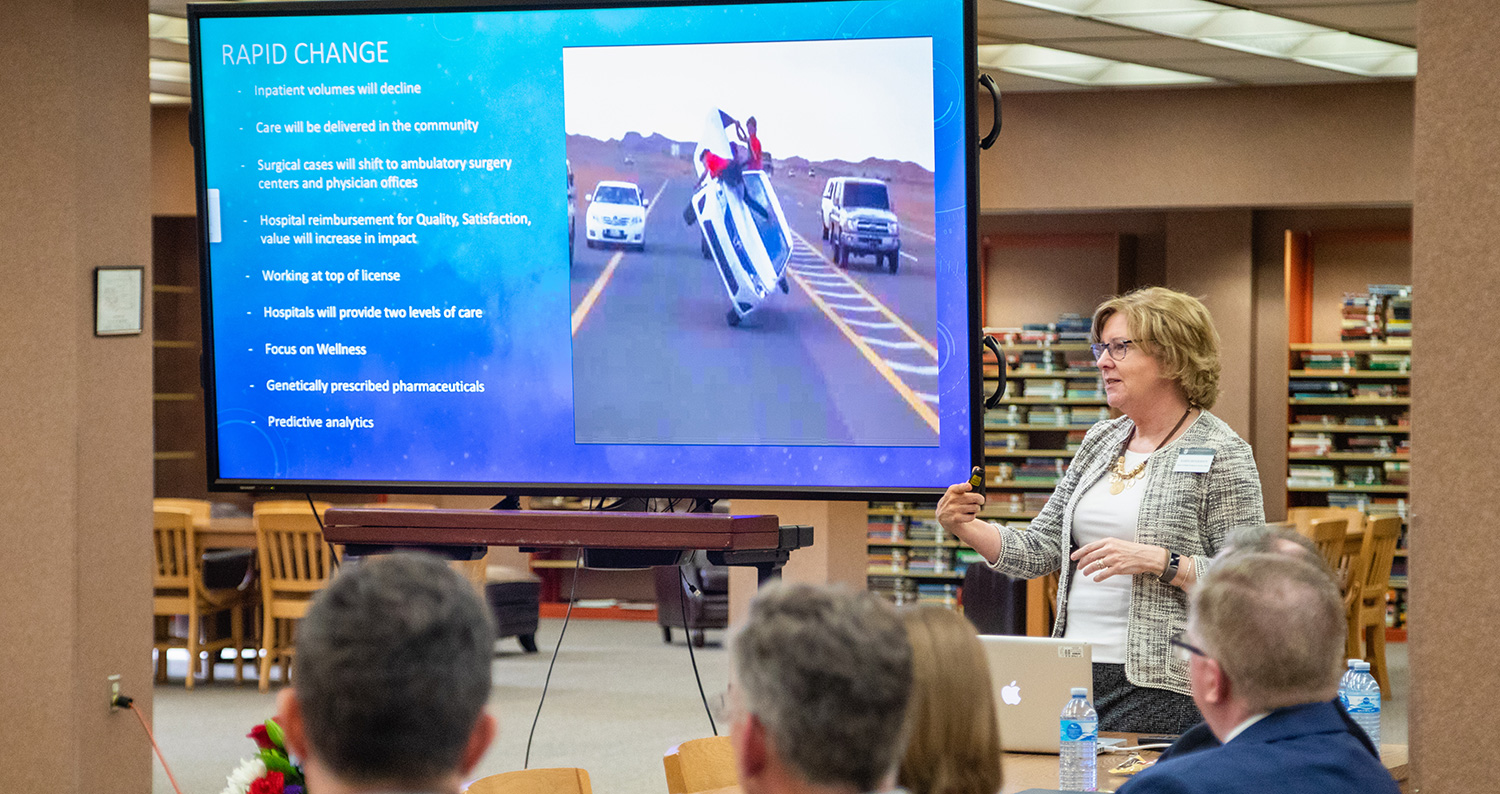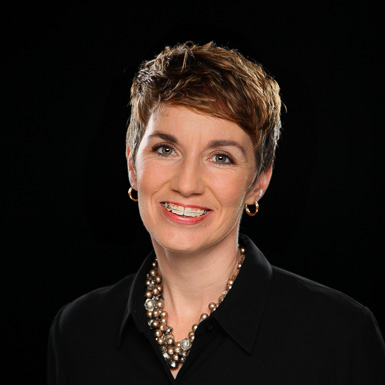
Public Health
Bachelor of Science
Program Overview
Public health looks at the health of a group of people from a high perspective. It focuses on data and strategies that affect the health of large groups of people and then strives to construct interventions that will meet those needs.
Public health is very research and data driven. Those numbers and statistics drive both what action gets taken and where money, time and resources are invested.
Accelerated 4+1
Interested in getting a master of public health? With our accelerated 4+1 program, you can get your bachelor’s and master’s in just 5 years. By taking advantage of dual credit classes, you can save both time and money. The master of public health is available through SCOPE.
Your Future
Jobs
A public health degree can lead to many different careers in the scientific and medical fields, including positions in hospitals, outpatient facilities, medical labs, research institutes, and local and federal governments. It will prepare you for your next step, whether that’s graduate school or employment.
- Medical and Health Services Manager
- Health Educator
- Health Services Administration
- Health Department Administrator
- Emergency Response Specialist
- Consumer Safety Officer
Career Support
BJU offers students a variety of ways to network with employers and organizations. A multitude of job opportunities are posted each year on CareerCentral, our online placement service.
In addition, over 60 businesses and 150 Christian schools/mission boards/Christian organizations come on campus to recruit students through on-campus interviews and job/ministry fairs. The Career Services office also helps students by holding seminars on resume preparation and interview techniques.
8 of the top 10 jobs in 2020 are in the health care field.
(U.S. News & World Report)
Faculty Spotlight
Amy Hicks holds degrees in biology, biochemistry & molecular biology and public health. She is passionate about both medical ethics and the medical field.
Courses/Objectives
1st Year
- Pathways
- Composition & Rhetoric
- Introduction to Public Health
- Health & Wellness
- Biology Elective
(4 credits)
2nd Year
- Microbiology for Health Science
- Human Systems Physiology & Disease
- Creation to New Creation: Exploring the Bible for Life
- English or Writing Elective
(3 credits) - Psychology Elective (200/400-level)
(3 credits)
3rd Year
- Health Communication
- Mental Health & Addiction
- Bible Doctrines
- Oral Communication for the Professions
- Communication Elective
(3 credits)
4th Year
- Program
- BJU Core
- Elective
Program Objectives
- Develop a philosophy of public health, compatible with biblical values of justice and equity, scientifically supported, and consistent with the best practices in the field.
- Analyze the impacts of the environment, behavior, health systems, and biology on development and distribution of disease in populations.
- Use public health methods and tools to define, collect, and analyze data on health disparities and develop interventions to bridge differences in health outcomes.
- Apply the principles of health promotion and disease prevention within the context of community health and develop culturally sensitive competencies of a health education specialist.
- Locate, use, evaluate, and synthesize public health information and communicate effectively for behavior and policy change including in time of public health emergencies.
